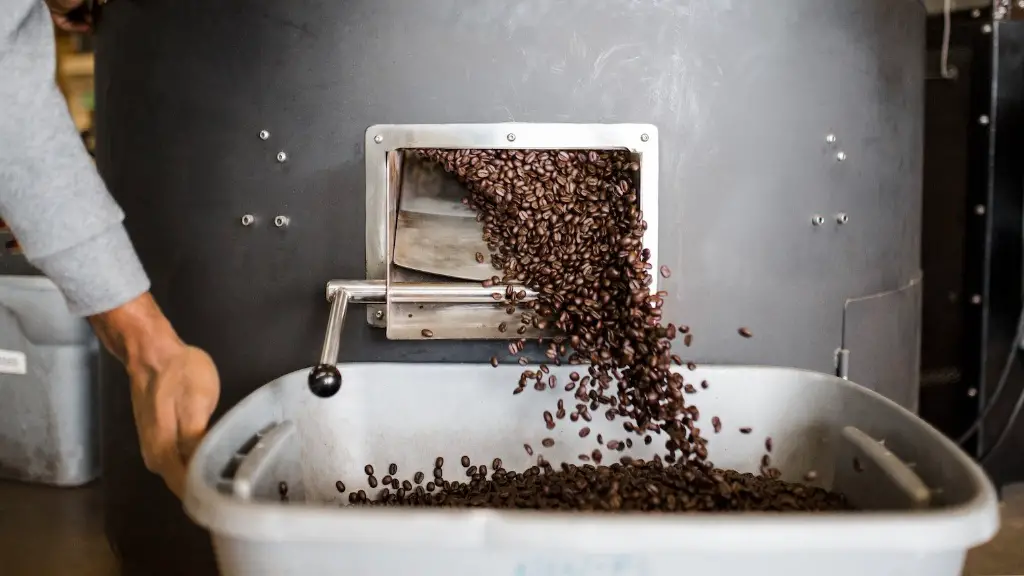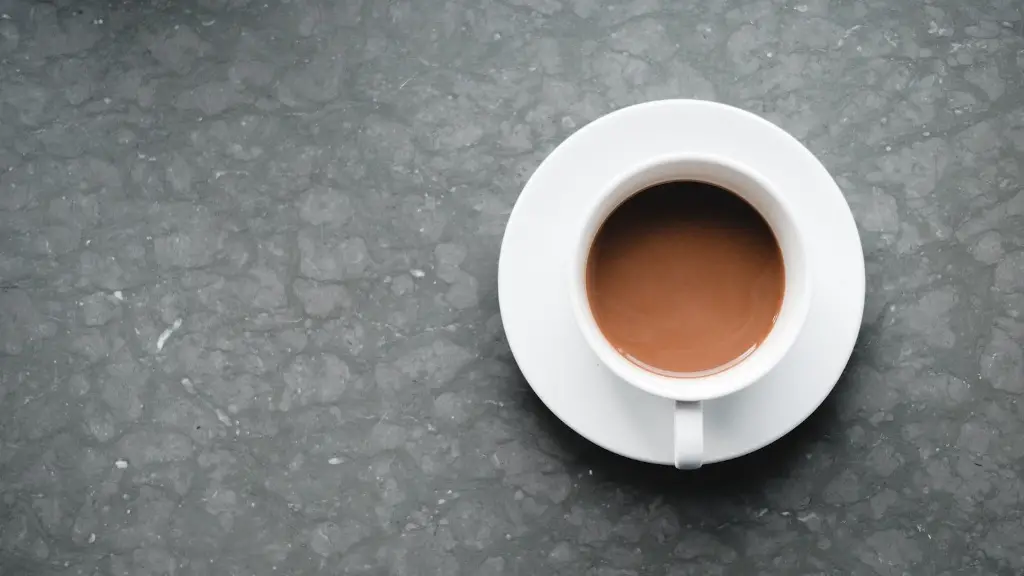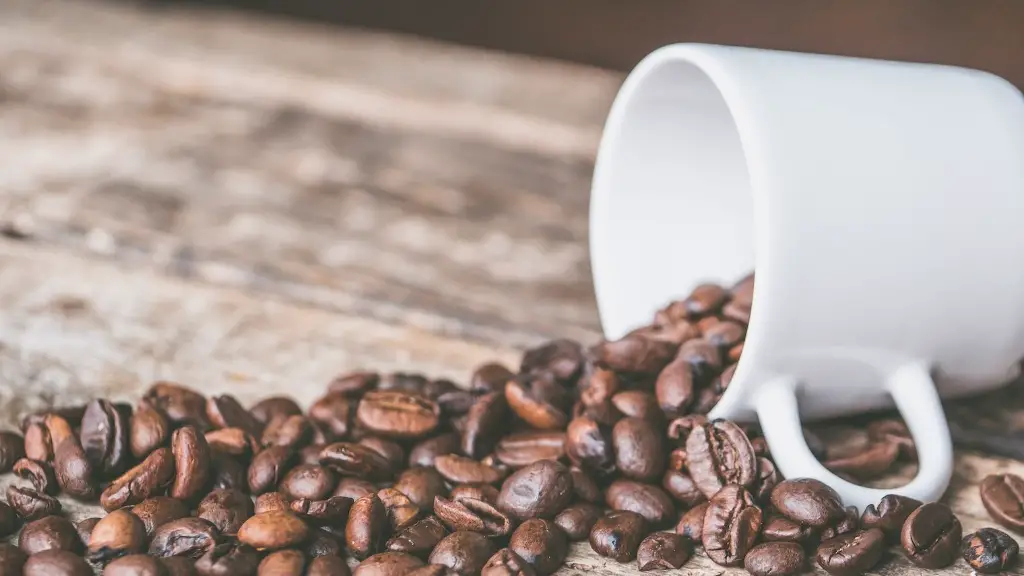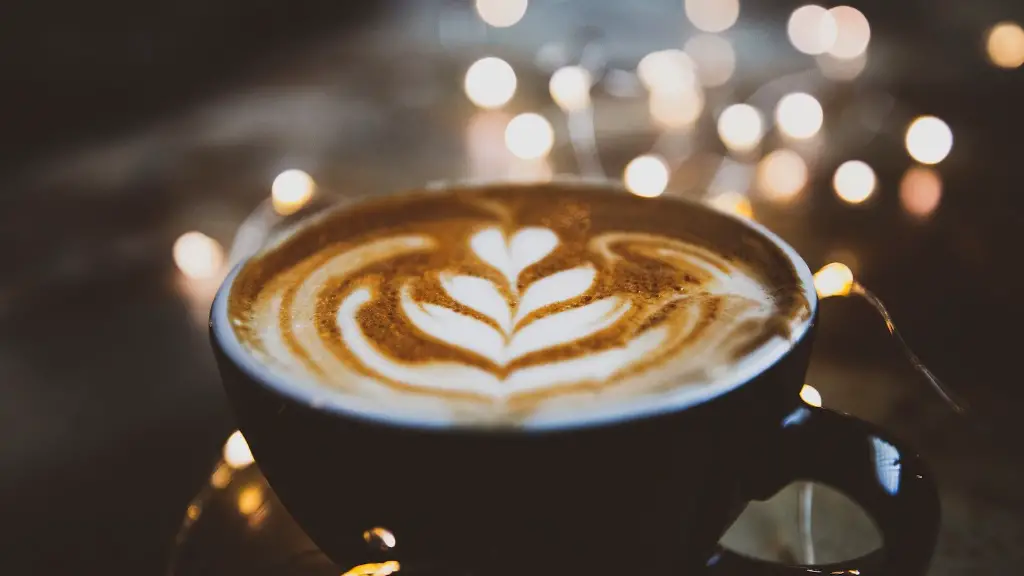Coffee Consumption Around the World
Coffee has been an integral part of human culture for centuries, with its earliest recorded use dating back to 9th century Ethiopia. Today, coffee is consumed in some form in virtually all countries in the world, with countries like Finland and Sweden being two of the highest coffee-consuming countries today. According to the International Coffee Organization (ICO), the global coffee industry is valued at over 25 billion dollars. But what percent of the population drinks coffee?
How Many People Drink Coffee Worldwide?
It is estimated that nearly 2 billion people drink coffee each day, representing more than 25% of the world’s population. Coffee consumption is particularly high in parts of Central and South America, with countries like Colombia and Brazil alone accounting for more than 50 percent of all coffee consumption worldwide. The popularity of coffee is increasing in Africa and Asia as well, as more and more countries begin to embrace the beverage.
Who Drinks Coffee Most?
When it comes to who drinks coffee the most, it is the people between the ages of 18 and 24 that drink the highest volume of coffee on a daily basis. This group makes up nearly one-third of all coffee drinkers worldwide. Coffee consumption is also higher in the United States than in any other country in the world. In fact, according to The National Coffee Association (NCA), 64 percent of Americans over the age of 18 drink coffee every day.
Why Do People Drink Coffee?
For many people, coffee is more than just a beverage. It’s a way to stay awake, connect with friends, and start the day with a boost of energy. According to experts, coffee can actually have some health benefits, such as reducing the risk of type 2 diabetes and heart disease. Additionally, coffee is known to stimulate the mind and help people stay focused and alert.
What Types of Coffees Are Consumed?
While coffee is generally consumed in the form of brewed coffee, there is a wide range of coffee varieties available for consumption, including espresso, cold brew, cappuccino, latte and more. Additionally, many coffee drinkers also pursue more unique coffee experiences, such as specialty coffees and coffee-flavored desserts.
How Coffee Consumption Has Changed
Coffee consumption has dramatically changed over the past few decades, as more and more people have embraced the beverage and its numerous varieties. Additionally, with the rise of high-tech coffee brewing machines, more people than ever before have the ability to make their own specialty coffees at home. Furthermore, the popularity of specialty coffee shops and the rise of online shopping has made the coffee industry more accessible than ever before.
Coffee Industry’s Impact on the Environment
The production of coffee does cause some damage to the environment, including the fact that certain coffee plantations can lead to deforestation and soil erosion. Additionally, many coffee producers rely heavily on energy intensive processes, such as roasting and grinding, which can contribute to air pollution. However, many coffee companies are making efforts to reduce their carbon footprint by implementing sustainable farming practices and investing in renewable energy sources.
The Future of the Coffee Industry
The coffee industry is growing at a rapid pace, with many new products and innovations being developed each year. From Nitro cold brews to specialty espresso machines, there is no shortage of new products to explore. Additionally, as people become more aware of the environmental impact of the coffee industry, more and more companies are taking steps to ensure their coffee is produced in a sustainable manner.
Impact of Coffee on Mental Health and Functionality
Coffee can have a positive effect on mental health and cognitive function. Numerous scientific studies have shown that caffeine, one of the primary components in coffee, can help improve mental alertness, focus, and concentration. Additionally, some studies have shown that coffee may have potential antidepressant benefits, as well as reducing the risk of developing Alzheimer’s disease and other forms of dementia.
What Percent of the Population Drinks Decaf?
Decaffeinated coffee is becoming more and more popular, due to its benefits for those with health concerns, such as heartburn and anxiety. According to the NCA, nearly 10 percent of all coffee drinkers in the United States drink decaf coffee.
How Coffee Consumption Has Evolved in Recent Years
Coffee consumption has been on a steady rise in the United States over the past decade. According to the NCA, the number of people who drink coffee daily has increased from 57 percent to 64 percent in just the last five years. Additionally, specialty coffee drinks such as lattes, cappuccinos, and cold brews have become increasingly popular, with cold brew in particular taking the coffee world by storm.
How Technology is Redefining the Coffee Experience
Technology has revolutionized the coffee experience for many people, allowing them to make specialty drinks right in their own homes. From single-serve coffee makers to high-end espresso machines and the latest coffee subscription services, technology is making coffee easier and more accessible than ever before. And with new technologies like augmented reality, 3D printing, and virtual reality, the exploring the possibilities of the coffee experience is just beginning.



